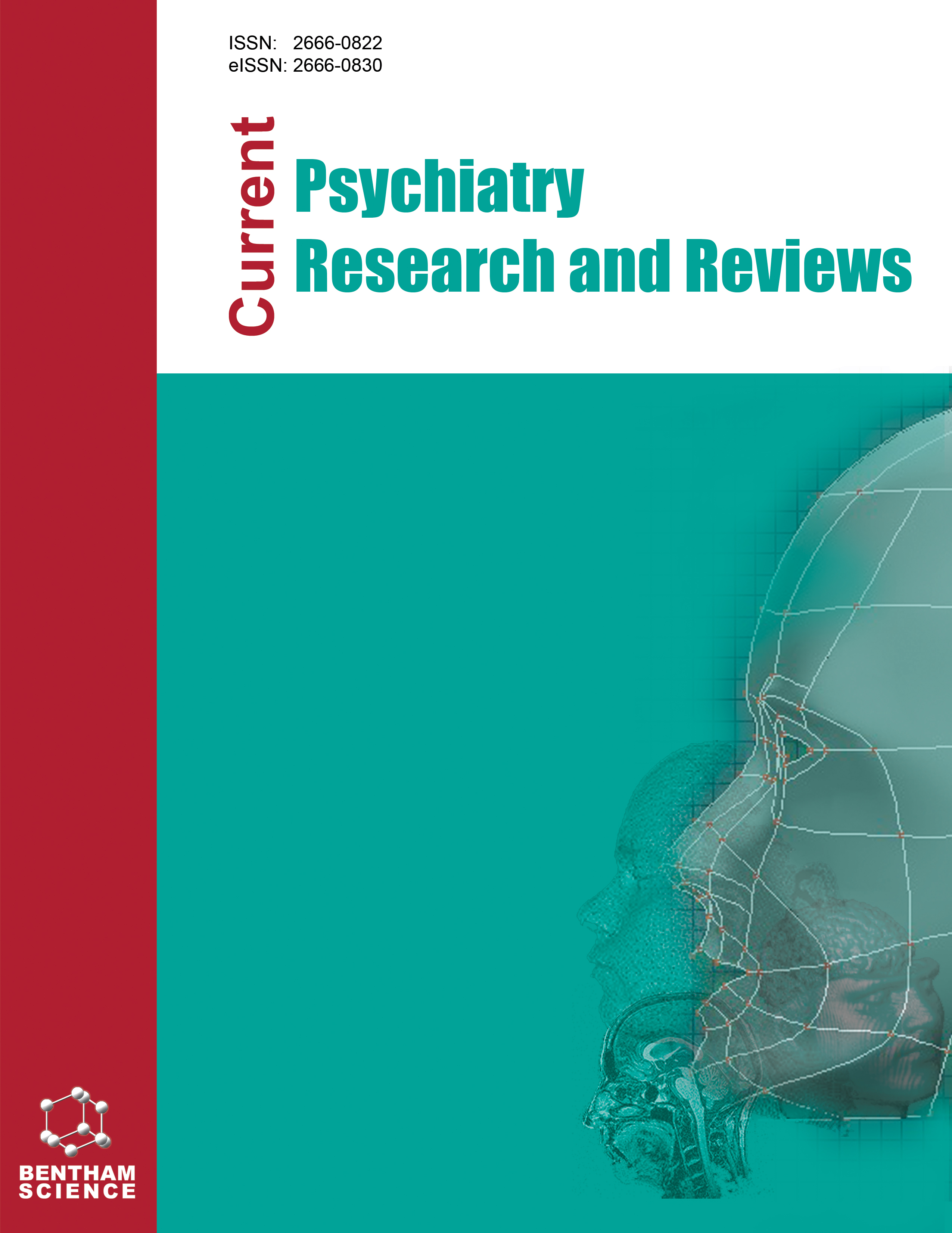
Full text loading...
In the primary phases of Alzheimer's disease (AD) and vascular dementia, memory impairments and cognitive abnormalities are common. Because of the rising prevalence of dementia among the elderly, it is critical to promote healthy habits that can delay the onset of cognitive decline. Cognitive training (CT) and cognitive rehabilitation (CR) are particular treatments aimed to resolve memory and further areas of cognitive working in order to overcome these challenges. These are some of the different kinds of non-pharmacological treatments like reality orientation and skills training programs that can be used to deal with the cognitive and non-cognitive repercussions. The purpose of this review is to assess the efficacy and influence of cognitive training and cognitive rehabilitation in patients who are in their early phases of Alzheimer's disease or vascular dementia. These interventions are geared toward improving the patients' memory, in addition to other aspects of their cognitive functioning.

Article metrics loading...

Full text loading...
References


Data & Media loading...

